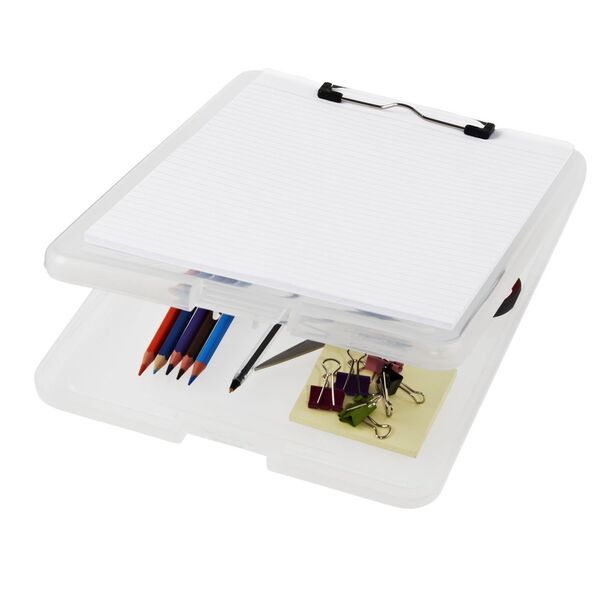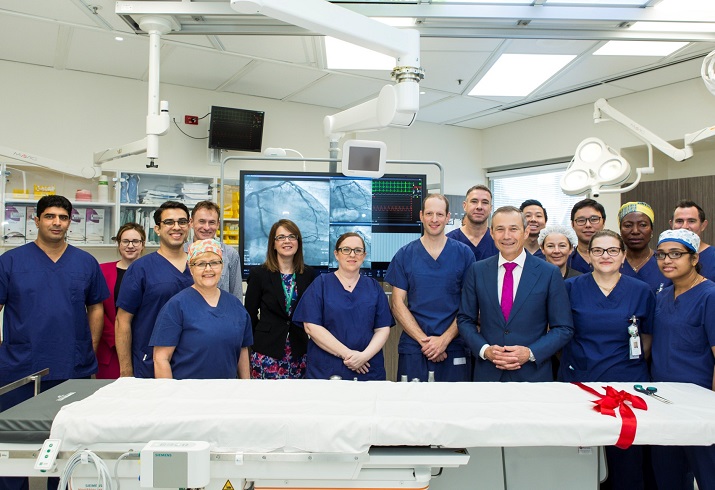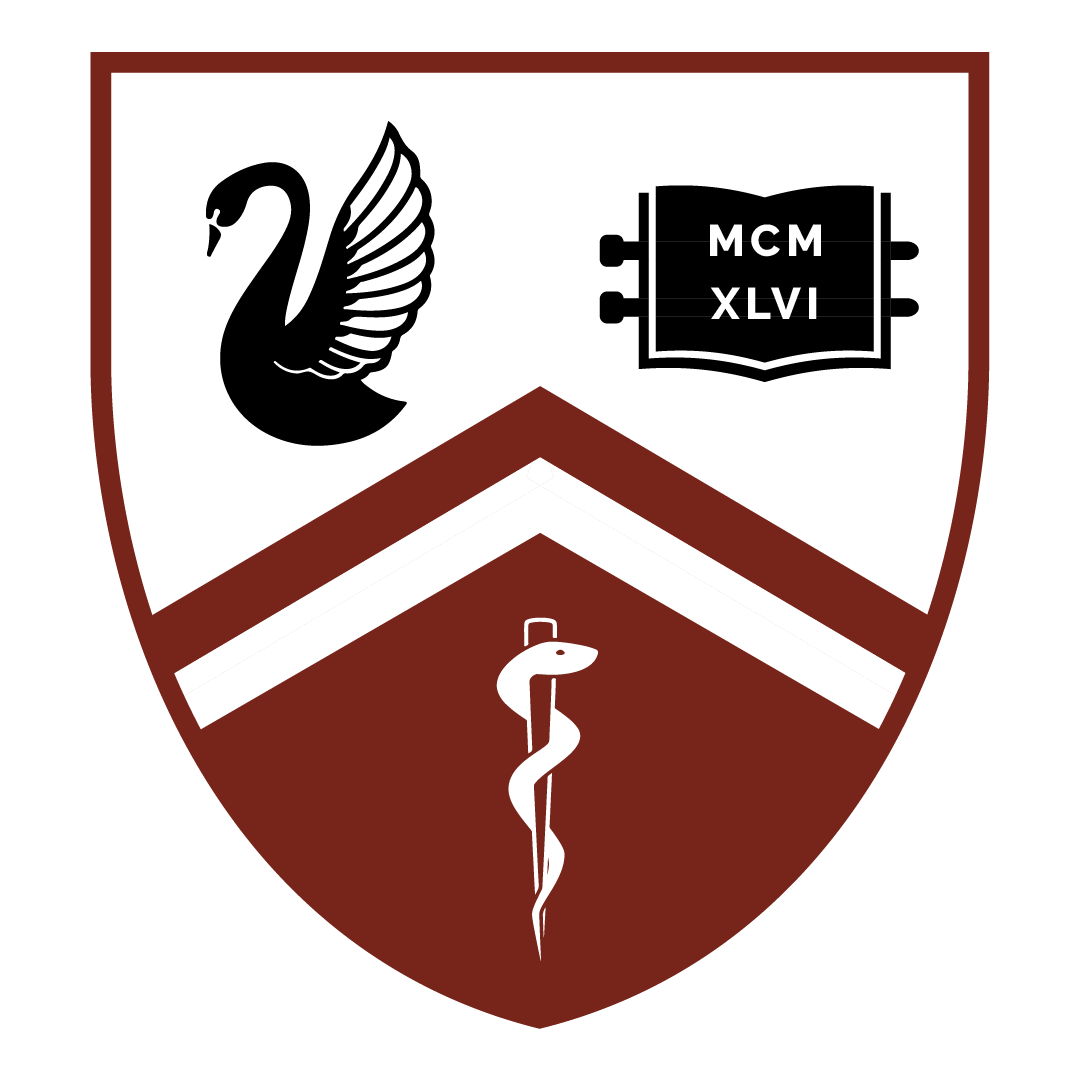Tips: Behaviour on the Wards
займ без отказа на любую картуThis article is part of WAMSS's MD2 Rotations Guide. Start with page one to check out our other useful tips in this series.
Note: The advice shown here may not reflect current Department of Health or UWA School of Medicine policies, particularly with changing public health developments. If you are ever unsure, you should always seek clarification from the UWA Medical School.
Have you gone through UWA MD2? We value your advice. Notice any errors? Get in touch at [email protected]
This document is not an official WAMSS policy document. For any questions or for more information, please contact [email protected]
Contents
Tips: Behaviour on the Wards
- General Behaviour
- Have a Positive, Proactive Attitude
- Cool Tips on What to Do
- Reality Check: Be proactive, but don't be a dick
- Be Respectful & Friendly
- Figuring out the Vibe of the Team
- When in Doubt…Ask!
General Behaviour
- Give the doctors room to breathe/space when they need it - don't hover against their heads when they're writing notes. Also, always call them by their formal name (Dr/Prof etc.) unless they EXPLICITLY tell you otherwise.
Don’t be on your phone on the ward. Yes, you might be looking stuff up, but it’s a bad look.
- Getting the team to like you is easy; show up on time, don’t check your phone at all (keep it on do not disturb and in your pocket/bag any time you are with the consultant), and be nice/friendly is all it really takes. if you show you are keen they’ll like you even more!

- Look professional! Easy to do and makes the best first impression. Bad first impressions stick, and it will make the whole placement less successful and fun (this includes being late)! Punctuality: As a med student, you are at the bottom of the ladder (just below an intern lol) so do not turn up late. I know sometimes life gets in the way but it makes a great impression when you are ready with your clipboard/notes etc 5 mins before the consultant arrives for the round.
You’re not expected to shout the coffee round.
- The best med students I’ve had have:
- Scribed neatly, correctly, quickly and remembered what they have written for ‘paper round’ (discussion of plans) afterwards.
- Been polite, attentive, proactive and friendly.
- Been understanding that junior doctors are usually stressed, and it’s not personal if we can’t teach (sorry).
- Be on time - If you’re around before, you can introduce yourself / maybe get a run-through of how the team works.
- Look interested, and do not look at your phone! Always look at the consultant/reg when they’re talking, even if you have no idea what they’re going on about. If you phase out, they’re more likely to ask you a question.
- Discuss with the junior team members (i.e. intern, RMO, etc.) and ask them when they think would be the best time for you to arrive (which may or may not be earlier than the usual start time for that rotation).
Have a Positive, Proactive Attitude
- Treat the hospitals as a good learning tool - this seems obvious at first, but as the year goes on hospital kind of sometimes starts feeling as a chore you need to get done in the morning to get your attendance and then you go home and just study, But what you learn in the hospital is going to stick so much better than what you study!
- Ask to do as many cannulas and bloods as you can (if you are nervous the junior doctor is usually happy to supervise or you can buddy up with a friend) it's important to learn and once you can go unsupervised it will take the job off the junior doctor’s plate. Note that performing procedural skills unsupervised may now be against UWA Medical School policy. Please double check with the School before doing this!
If you’re sneaking off at least say bye to the intern, they understand.
- Also, if you have an idea of something you’d like to do - e.g. take a history and present on ward round, follow a patient to radiology etc, just ask! Most teams love students who seem engaged/have initiative. Then at the end of the day it’s nice to say thanks/goodbye to the team and let them know if you’ll be in tomorrow - remember they don’t know your timetable!
Cool Tips on What to Do
- Take a small compact bag as well and chuck it across your shoulder, handy to have while you’re around the wards to hold your pens, phone, notebook etc
- Often, the white folder goes missing and they ask the students to find it - helpful places to check, skim the patient room, the nurses in the medication room, the pharmacist
- Wear comfortable shoes as well cause ward rounds can be long. Carry two black ballpoint pens with you at all times!
Carry 2 pens on you, super handy because you tend to lose them.
- Common sense: You are all incredibly smart, but sometimes we all forget to think of the common stuff (been there). When on ward rounds, think of things that can help your team: have files ready for the next patient, offer to write in notes (more on that later), have spare progress notes sheets/pathology forms/radiology forms on you. Interns will LOVE you!

- A ‘round’ is where a senior member of the team visits the patients every morning and instigates plans to stabilise them for discharge. Be helpful by;
- Collecting the patient notes and med charts for the current patient
- Scribing in the patient notes on behalf of the intern or RMO (make sure to get a countersignature if you can)
- Have the notes for the next patient the team will see ready in hand
- Keeping a stash of yellow path forms, white radiology forms, and inpatient notes handy in case the team needs them
- Taking bloods and inserting cannulas on patients who need them
- Doing any other tasks at the direction of the team
Reality Check: Be Proactive, but Don't be a Dick
- Always be up for an experience, but don't be so competitive that you alienate your colleagues - this is a big one!
- Try not to be that bloke who gets to a rotation an hour early to steal all the cannulas/bags the surgeries for the day/schmooze up to the senior staff - those people suck and everyone talks about you behind your back
Remember odds are that senior consultant is gonna be retired by the time you need a reference, but your fellow students are gonna be colleagues.
- Always say YES (unless you have a good reason otherwise). If the RMO asks you if you want to take blood but you haven’t done it before, ask if they could watch you or talk you through it. Learning by doing is the best way to upskill!

- Don’t be a know-it-alls (you’re probably better at theoretical medicine than me cos you’ve only just learnt it but no need to flex).
Get over yourself as quickly as possible.
- You will be shit and not know answers/be poor at executing everything for a long time so get comfortable with not being good at things it’s ok and expected.
- Be nice to each other - Do NOT stab each other in the back i.e. mutually agree to leave, pretend to do so then come back to suck up with the team then tell the team the other med student is a bad student.
- It’s best to leave at the same time. If you want to stay longer, just be honest about it.
Be Respectful & Friendly
- I still find that when you get on with someone in a friendly way (+banter) - even if they are your senior - doctors/nurses/midwives/allied health crew are way more likely to let you catch babies/cut umbilical cords/practice cannulas/scrub in/take histories in clinics.
Be nice to ALL OTHER STAFF.
- Offer to take notes during rounds (if it’s your first rotation ask the intern to teach you how to make notes), or if you aren’t taking notes hold the obs chart open for the person writing notes, see patients on your own and prepare a presentation (usually the junior doctor or reg will listen to these and give you feedback, if the consultant is really hands on they will too).
- Be nice to nurses, allied health staff, etc, they all have jobs to do and you are only there to learn, so know your place, but also know you need to be present to learn so don’t apologise for being there.

- Nurses often know more than medical students and asking them about management of conditions can be useful - clinical nurses and staff development nurses know more than most interns/ RMOs.
- Physiotherapists understand what they do, occupational therapists understand what they do, social workers understand what they do, speech pathology understand what they do. With other staff - just don’t make their jobs hard.
Interns are your best friend.
- The more the team like you, the less they will mind if you take a day or two off, they will mark you better, and they will teach you more.
- Become best friends with the intern/rmo and make them your first point of contact for “silly” questions. Keep the smart questions for the seniors.
Introduce yourself and let yourself be known.
- You always hear of students being a fly on the wall, and that’s usually by choice (although you may experience the wrath and fear of some consultants; a majority are very pleasant and are very willing to get you involved). Most people will make an effort to remember your name, and if you stick around long enough, you may even get yourself a free cup of coffee (or mocha, if you’re a weak coffee fiend).
- The single best thing I think you can do if you’re nervous and not sure of your role as a student in the team (as everyone will be) is to introduce yourself to your team, the ward clerk/nurse coordinator, nurses and any members of allied health that are involved with your patients.
Figuring out the Vibe of the Team
- Be a part of your team - it’s understandable that you will be nervous starting your first placement; as in, for most of you, you’ll only have had <10 weeks of actual preparation that involves more than staring at the pages of your books or study material. However, you’ve come into a working environment which is based on your interaction with your team and your patients. The best thing to do is to be a part of your team.
- Hot tip is to check in with the intern/RMO/Reg as to the "vibe" of the team and when you definitely have to be around vs when you head home.

- Also, get in touch with whoever was on that rotation before you for the hot goss on how the team/hospital works.
- Try and help your team out where you can - if your intern/reg asks you to do an odd job or two do it! As medical students we kind of don’t contribute anything to the team and they take heaps of time and go out of their way to help us, so it’s nice to help where you can.
When in Doubt...Ask!
- After that you can ask the team what your role as a student on this team and they will help you - it may be different for different rotations eg FSH surg don’t let you write notes bc they have roving computers/WOWs but you do read the obs to the intern, my Charlie’s IM team had a certain way they liked students to take notes etc.
- Find out from the reg/consultant at the start of your rotations what their expectations of students are e.g. on a surg team with 4 students they might expect two to go to clinic, one on the ward and one to theatre.
Talk to the registrar at the start of the term to learn what the expectations are for your term. The registrar will be the most senior person with whom you will have the most regular contact with.
- Not all teams/rotations are the same. A team that you may be on can have any makeup of the following doctors: consultant, fellow, advanced trainee registrar, service registrar, RMO and intern. Try to work out who is who on your first few days.
- Depending on your rotation the consultants may rotate daily/weekly and often have many commitments so you’ll most likely not see them as much as the reg.
Ask 3rd/4th years where the common rooms/best parking spots etc are.
- If you feel uncomfortable or unsure, always ask for help / supervision. This is about the patient’s safety. Much more important than your med student ego and looking like a pro who doesn’t need help to the intern/reg. They will not mind whatsoever.
- If you want tutes/patients to examine again please ask, most of us [interns] loooove teaching. If you are lost (either in how things work or physically in the hospital), please just ask someone for help.
Continue to the next page
